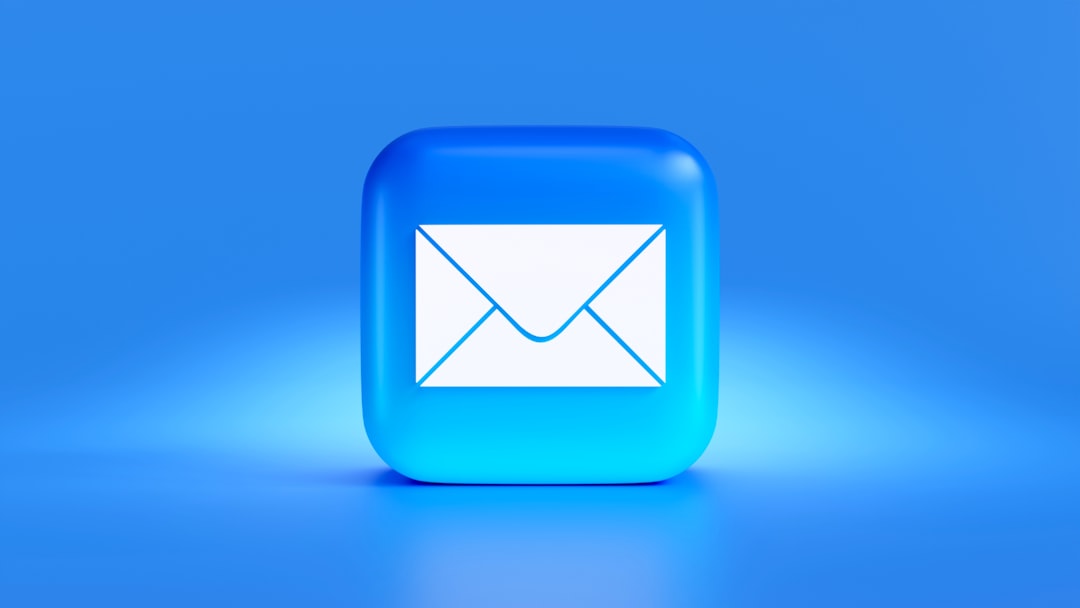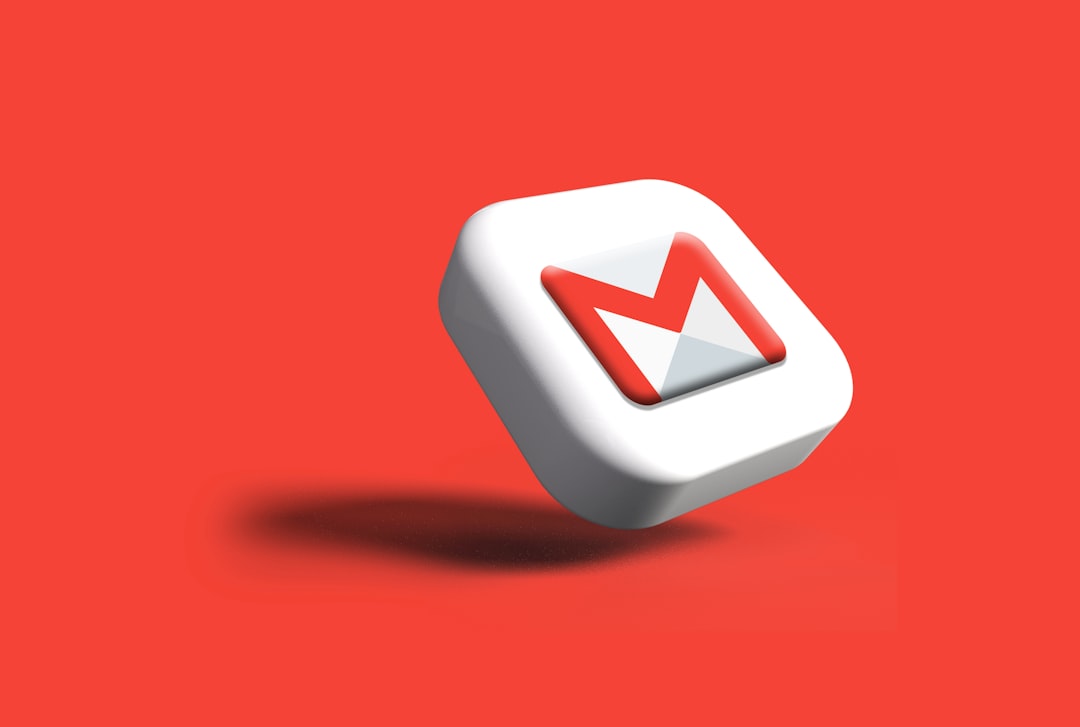In the ever-evolving landscape of digital marketing, automation tools are becoming not just a luxury, but a necessity. As businesses strive to manage multi-channel campaigns, analyze data, and personalize customer engagement at scale, marketing automation platforms have stepped up to fill the void. The year 2025 has seen a surge in the development and refinement of these platforms, offering marketers more robust, intelligent, and integrated solutions than ever before.
This article explores the top marketing automation platforms in 2025, analyzing their features, benefits, and what makes them stand out in a crowded marketplace.
1. HubSpot
HubSpot has maintained its position as a market leader due to its user-friendly interface, seamless CRM integration, and wide range of marketing tools. In 2025, HubSpot has enhanced its AI-powered features significantly, offering smarter predictions and real-time personalization options.
- AI-driven analytics for deeper customer insights
- Drag-and-drop workflows for email nurturing campaigns
- Integrated CMS, SEO, and sales tools
The platform continues to be ideal for small to medium-sized businesses but also scales well for larger enterprises looking for a centralized marketing solution.

2. Salesforce Marketing Cloud
Salesforce Marketing Cloud continues to dominate the enterprise space. It offers a comprehensive suite that includes email, mobile, advertising, and web personalization features. Its Einstein AI framework enables predictive intelligence that empowers marketers to make data-driven decisions quickly.
- Highly customizable APIs and integrations
- Advanced segmentation and personalization tools
- Real-time customer journey mapping
Its deep integration with Salesforce CRM and Commerce Cloud creates a unified ecosystem, making it an excellent choice for businesses looking to leverage end-to-end data stories.
3. ActiveCampaign
ActiveCampaign has solidified its place as a favorite among small businesses and startups thanks to its affordability and rich feature set. In 2025, it enhanced its CXA (Customer Experience Automation) abilities, further blending email automation with sales CRM and machine learning capabilities.
- Automated email and SMS campaigns
- Dynamic content generation based on customer behavior
- Integrated deal and lead scoring systems
Its intuitive interface and extensive support for third-party connections make it an agile solution for growing businesses.
4. Mailchimp
Mailchimp has come a long way from a simple email marketing tool to a full-fledged marketing powerhouse. In 2025, it introduced AI-powered design assistants and predictive analytics for content optimization.
- Drag-and-drop landing page and email builders
- Social posting and retargeting ads
- Streaming performance tracking dashboards
Mailchimp remains a cost-effective choice for freelancers, small businesses, and non-profits looking to manage campaigns without hiring full marketing teams.
5. Marketo Engage by Adobe
Marketo Engage, now fully integrated into the Adobe Experience Cloud, is a top-tier solution for large enterprises and B2B marketing professionals. The main draw in 2025 is its deep analytics, seamless connection with Adobe tools, and scalable infrastructure.
- Advanced lead nurturing and scoring capabilities
- Multi-channel campaign orchestration
- Powerful B2B account-based marketing (ABM) tools
Its scalability and flexibility make it a trusted platform among Fortune 500 companies and global marketing teams.

6. Klaviyo
Klaviyo has surged in popularity, particularly among eCommerce brands. With its 2025 upgrades, Klaviyo now offers even more refined segmentation capabilities and AI-powered customer lifetime value prediction tools. Seamless integrations with platforms like Shopify and BigCommerce enhance its appeal.
- Personalized email and SMS automation
- Real-time revenue metrics tracking
- Predictive analytics for deeper consumer understanding
Its focus on simplicity and efficiency makes it ideal for D2C brands looking to increase conversion rates and customer retention.
7. Pardot
Pardot, another Salesforce product tailored specifically for B2B marketing, continues to excel in 2025. With deeper AI integration and improved UI design, Pardot allows marketers to make faster, smarter decisions aligned with sales pipelines.
- Granular lead tracking and behavior analytics
- Campaign ROI real-time dashboards
- Seamless bi-directional Salesforce CRM connection
It’s best suited for B2B enterprises looking to align sales and marketing efforts through a shared database and automation pipelines.
8. Omnisend
Omnisend remains a favorite among mid-market eCommerce platforms in 2025. Its value proposition lies in its ease of use and powerful automation across multiple channels, including SMS, email, push notifications, and social media.
- Pre-built automation workflows
- Cart abandonment and product recommendation emails
- Shopify, WooCommerce, and Magento integrations
Omnisend is highly rated for helping smaller eCommerce businesses compete with giants through accessible omnichannel marketing tools.

9. GetResponse
GetResponse has positioned itself strongly in 2025 as a great all-in-one marketing solution for SMBs. It now includes webinar hosting, landing pages, email marketing, and AI-powered auto funnels in one platform.
- Built-in webinar and event marketing tools
- A/B testing and smart segmentation features
- Auto funnel builder with visual journey mapping
With competitive pricing and a user-friendly interface, GetResponse remains a strong contender for small businesses looking to centralize their marketing channels.
10. MoEngage
MoEngage is a rising star, particularly in 2025 as it becomes a favorite among mobile-first and app-centric marketers. The platform’s focus on customer engagement, retention, and personalized messaging across digital touchpoints makes it unique.
- AI-triggered push notifications and in-app messaging
- Customer journey orchestration in real time
- Deep analytics dashboards integrated with mobile data
With localization support and behavior-based triggers, MoEngage is especially useful for companies looking to expand into emerging global markets.
Conclusion
The year 2025 showcases a dynamic shift toward intuitive, AI-powered, and omnichannel-capable marketing automation platforms. Whether it’s a startup or a multinational enterprise, businesses now have a wide array of tools at their disposal to streamline operations, improve personalization, and enhance customer engagement in meaningful ways.
FAQ: Marketing Automation Platforms in 2025
- Q: What is a marketing automation platform?
A marketing automation platform is a software solution that automates repetitive marketing tasks, streamlines campaign execution, and provides data-driven insights to optimize strategies. - Q: Which marketing automation platform is best for small businesses?
Platforms like ActiveCampaign, Mailchimp, and GetResponse are especially well-suited for small businesses due to their affordability, ease of use, and essential marketing features. - Q: How important is AI in modern marketing automation tools?
AI capabilities such as predictive analytics, personalization, and customer journey mapping have become essential in 2025, helping marketers make data-informed decisions and create more impactful campaigns. - Q: Are these platforms suitable for both B2B and B2C businesses?
Yes. While platforms like Pardot and Marketo are tailored for B2B workflows, platforms such as Klaviyo and Omnisend cater more to B2C and eCommerce brands. Many tools offer flexibility for both models. - Q: What features should I look for when choosing a marketing automation tool?
Key features include multi-channel campaign support, CRM integration, behavior-based triggers, analytics dashboards, AI-driven personalization, and scalability.



